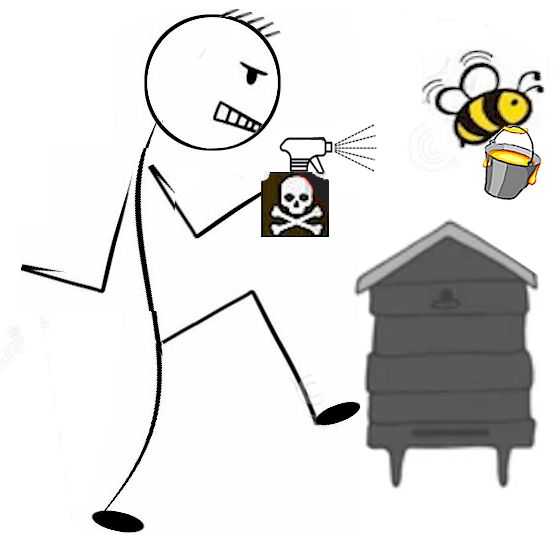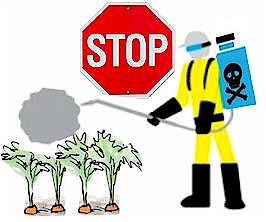

Studies show that chemical and so-called ‘organic’ treatments of honeybees adversely affect the bees’ health
Beekeeping mite treatments vs. treatment free. Treatments discussed: miticides, acaricides, apivar, formic acid, mite away quick strips, formic pro, oxalic acid vaporizer, oxalic acid drip, oxalic acid sublimation, thymol, apiguard, apilife var. Also discussed: brood breaks, hygienic bees, varroa mites, future of beekeeping.
Any chemical or ‘organic’ mite treatments interfere with natural selection by selecting for weaker beekeeper-dependent bees and stronger treatment-adapting mites. Meanwhile, feral bees have learned how to coexist with mites by natural selection:
